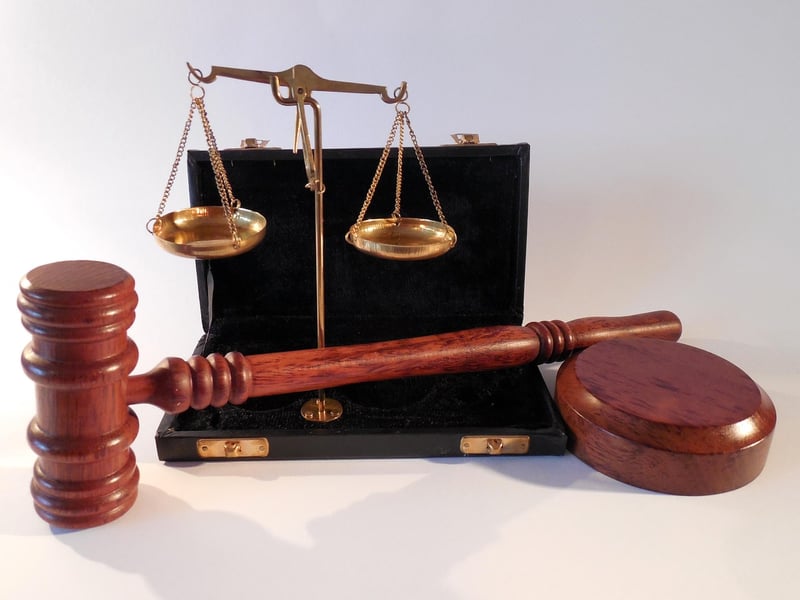Time Law Regulations
Understanding Time Manipulation and Time Law Regulations
Introduction
Time manipulation, the ability to control time, has been a fascinating concept in science fiction and fantasy. While it remains a fictional concept, understanding its implications and considering time law regulations can provide valuable insights into the nature of time itself.
Considerations in Time Manipulation
Time manipulation raises several intriguing considerations:
1. Causality
The principle of causality suggests that every event is caused by a preceding event. Manipulating time could disrupt this fundamental principle, leading to unpredictable consequences.
2. Paradoxes
Time travel could result in paradoxes such as the grandfather paradox, where an individual travels back in time and prevents their grandparents from meeting, thereby preventing their own existence.
3. Butterfly Effect
Small changes made through time manipulation could have significant and unforeseen consequences, similar to the butterfly effect in chaos theory.
Time Law Regulations
As the concept of time manipulation raises ethical and philosophical questions, hypothetical time law regulations could be established to govern its use:
1. Temporal Prime Directive
Similar to the Prime Directive in Star Trek, a temporal prime directive could prohibit interference with the natural flow of time to prevent unintended consequences.
2. Temporal Licensing
Individuals or organizations could be required to obtain a license to manipulate time, ensuring that it is done responsibly and with proper oversight.
3. Temporal Preservation Society
An organization dedicated to preserving the integrity of the timeline could monitor and regulate time manipulation activities to prevent disruptions.
Conclusion
While time manipulation remains a theoretical concept, exploring its considerations and proposing time law regulations can spark thought-provoking discussions about the nature of time and the implications of altering it.


